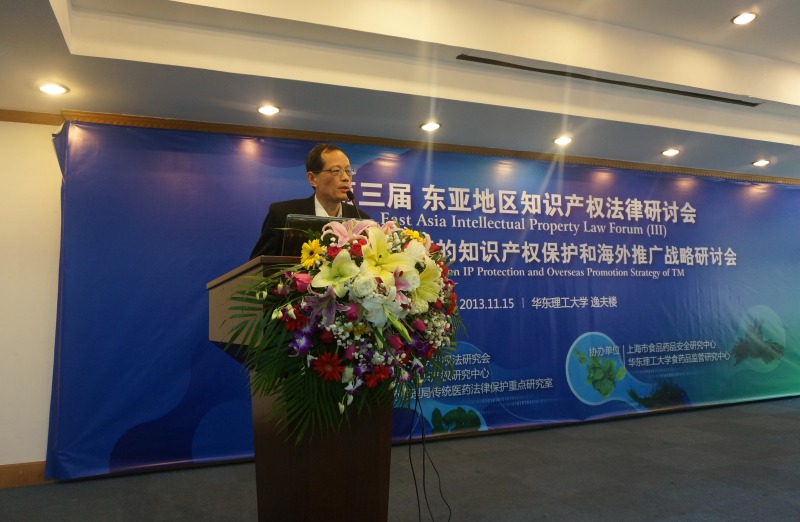Scientists Found Metformin Suppressed Triple-negative Breast Cancer Stem Cells
Breast cancer is the most commonly diagnosed cancer and a leading cause of cancer death inwomen. Breast cancer could be divided into four subtypes: Luminal A, Luminal B, HER2, and Triple Negative Breast Cancer (TNBC). TNBC, accounts for around 15% of all breast cancer cases, is an aggressive and heterogeneous disease with poor prognosis and the shortest survival rate because of no targeted therapies.
Cancer stemcells, also known as tumor initiating cells, are belonging to a small cell population and have unique characteristics, including self-renewal and the ability to generate heterogenic lineage of cancer cells. The conventional cancer treatments fail to eliminate the cancer stem cells due to chemo-resistance and recurrence. However, TNBC is enriched with cancer stem cells. Therefore, it is urgent to develop more effective therapeutics to target cancer stem cells for triple negative breast cancer treatment.
Lab of Dr. CHEN Ceshi from Kunming Institute of Zoology found that metformin, a first-line drug for diabetes, significantly decreases the percentage of cancer stem cells in TNBC through testing the population of Aldehyde dehydrogenase (ALDH) positive cells and their mammosphere formation ability. They also revealed that metformin functions through the PKA - GSK3β - KLF5 pathway, which provided a new mechanism for regulation of KLF5. Additionally, the study indicated that PKA and KLF5 are potential therapeutic targets for TNBC treatment and supported the idea that metformin is a promising agent for the treatment of TNBC.
The study has been recently published on Cell Discovery, which is a series of Nature. Doctor SHI Peiguo is the leader author of this article, and researcher CHEN Ceshi is a separate author of this article. This study was supported by the National Natural Science Foundation and other projects.
Source: Kunming Institute of Zoology
Time: 2017.6.13
next:The IUCN Tool to Protect Ecosystems-The Red List of Ecosystems


